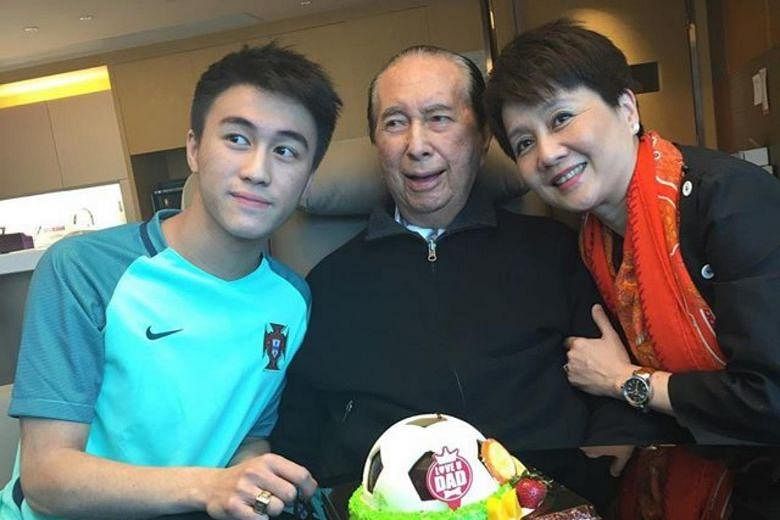HONG KONG (BLOOMBERG) - Mr Stanley Ho, a one-time kerosene trader who built a casino empire in Macau that propelled the Chinese island past Las Vegas as the world's biggest gambling hub, has died at age 98, local media reported.
Known as the King of Gambling, Mr Ho dominated gaming in the former Portuguese colony after winning a monopoly licence in 1961.
His SJM Holdings flourished as China's economic opening created a flood of new wealth in a country with a passion for gambling. SJM now controls 20 casinos on an island of about 26 sq km.
Mr Ho's rise transformed Macau from a commercial backwater into the "Las Vegas of Asia" by exploiting its big advantage over the rest of China - casinos were legal.
As his fortune swelled, he expanded beyond the island, building residential and office buildings in Hong Kong.
In 1984, he won a licence to operate a casino in Portugal and spent US$30 million to open the Casino Pyongyang in North Korea in 2000.
Mr Ho's Macau monopoly expired in 2001, two years after China regained control of the island from Portugal. China then granted licences to competitors, including Mr Sheldon Adelson's Las Vegas Sands and Wynn Resorts.
Rather than hurting Mr Ho, the increased competition, coupled with China's booming economy, accelerated Macau's growth into the world's biggest gaming hub and Mr Ho's fortunes ballooned.
The city's gaming revenue has become a barometer of the economy of China, where two-thirds of its gamblers are from.
While casino takings have usually grown with China's GDP, it plummeted in 2014 when China launched an anti-corruption campaign and again in 2020, after the coronavirus pandemic triggered a 97 per cent drop in revenue as Chinese gamblers were prevented from travel into the enclave.

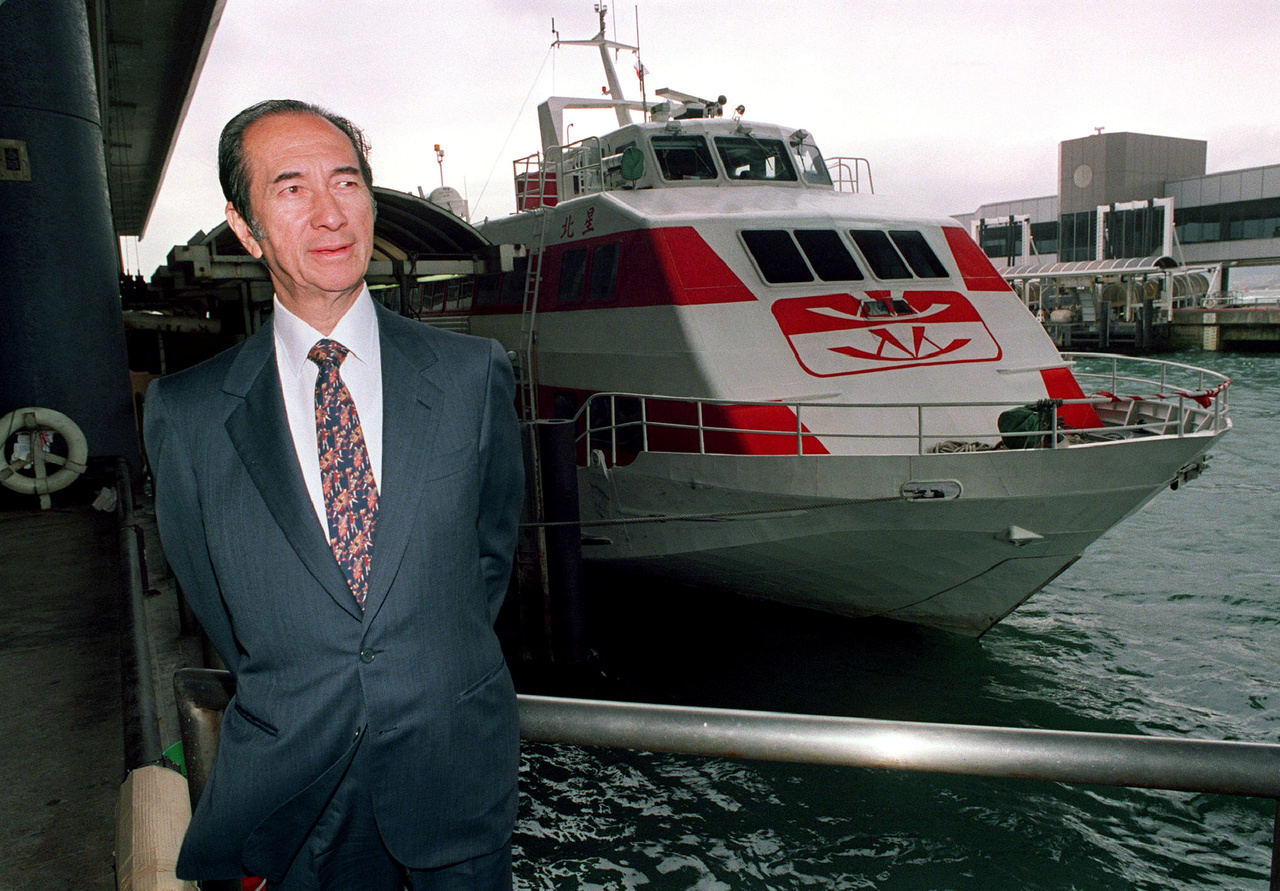
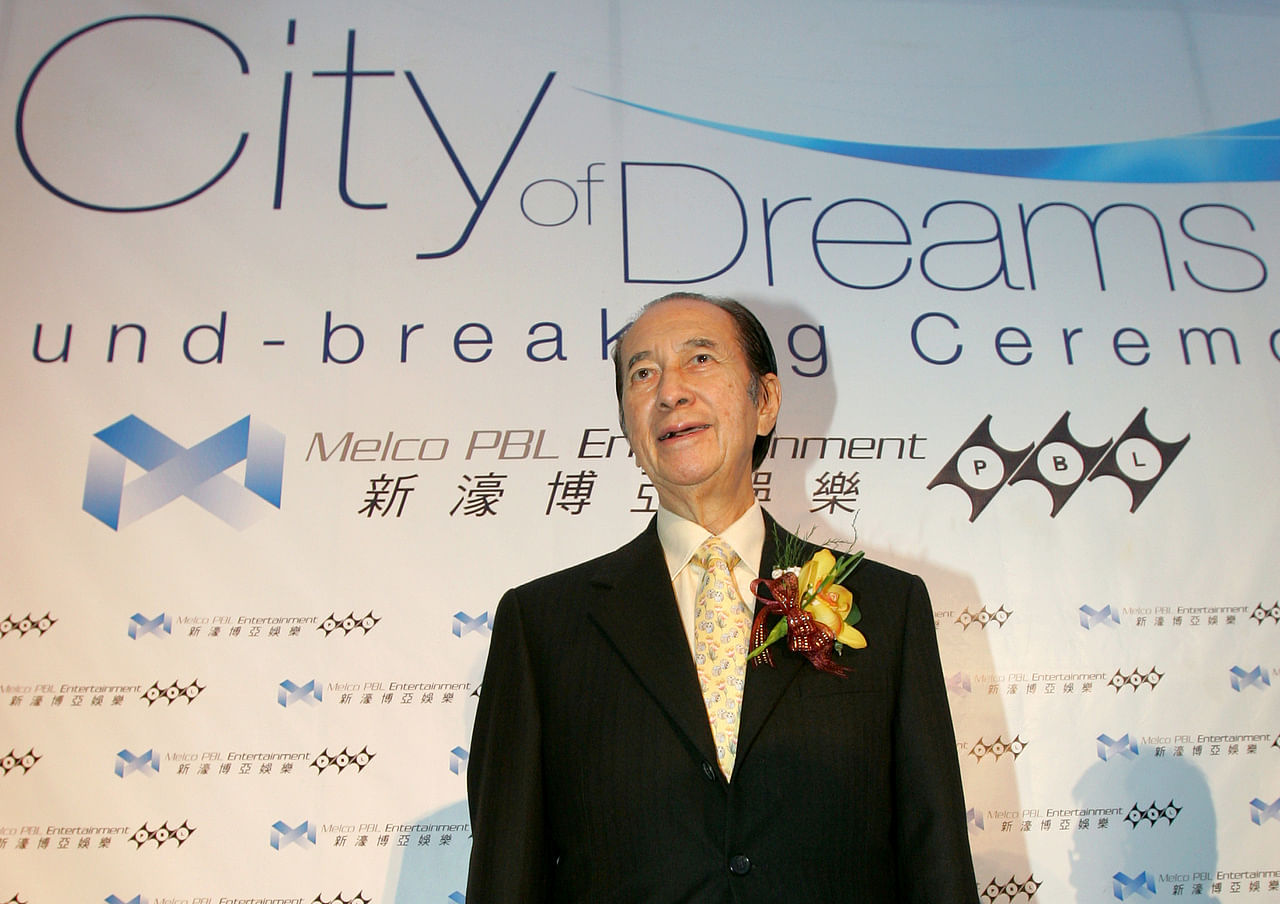
Mr Ho fathered 17 children with four women and when he retired around mid-2018, he passed some of the top roles at SJM to his heirs.
Ms Daisy Ho, his daughter, became chairman and executive director.
Ms Angela Leong, SJM's second-largest shareholder whom Mr Ho referred to as his fourth wife, became co-chairman with another executive director.
Still, the succession reopened long-simmering family rivalries.
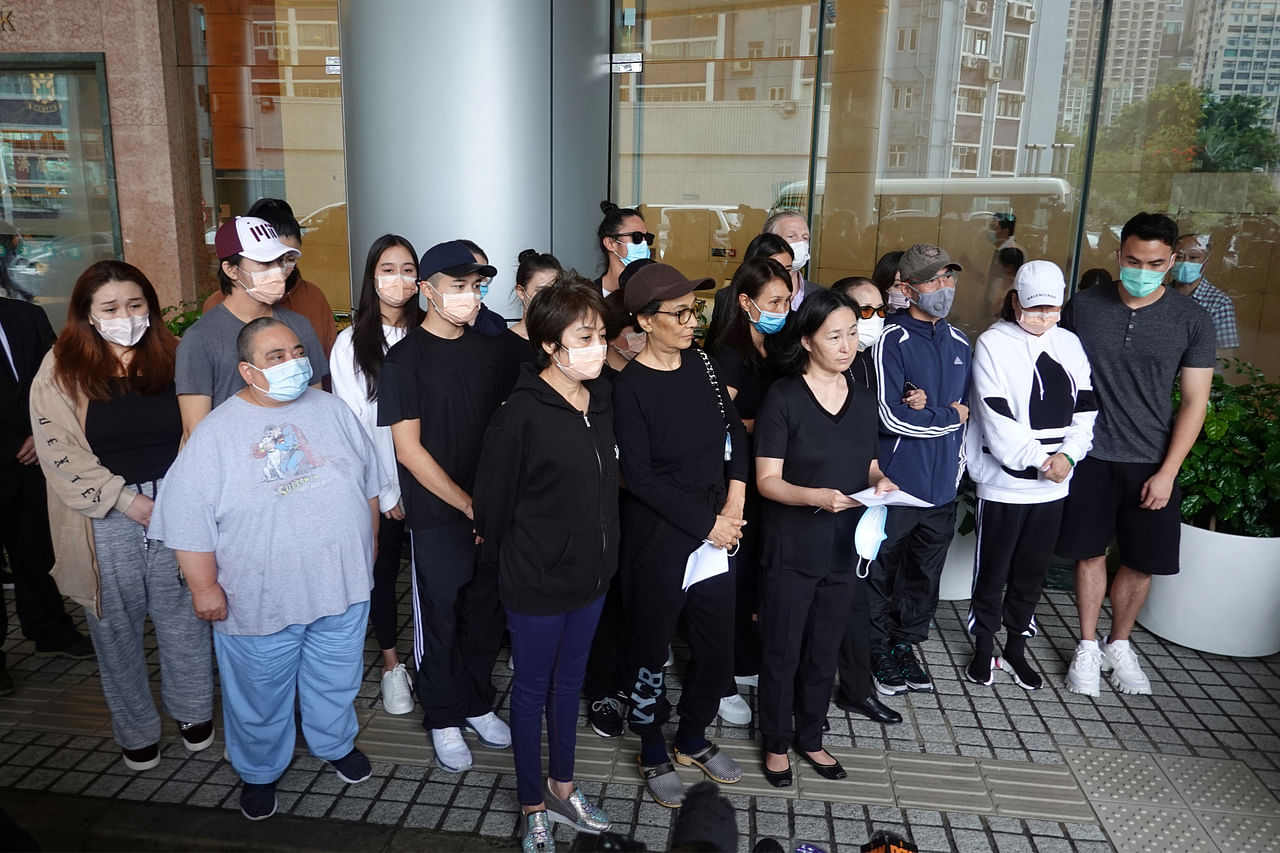
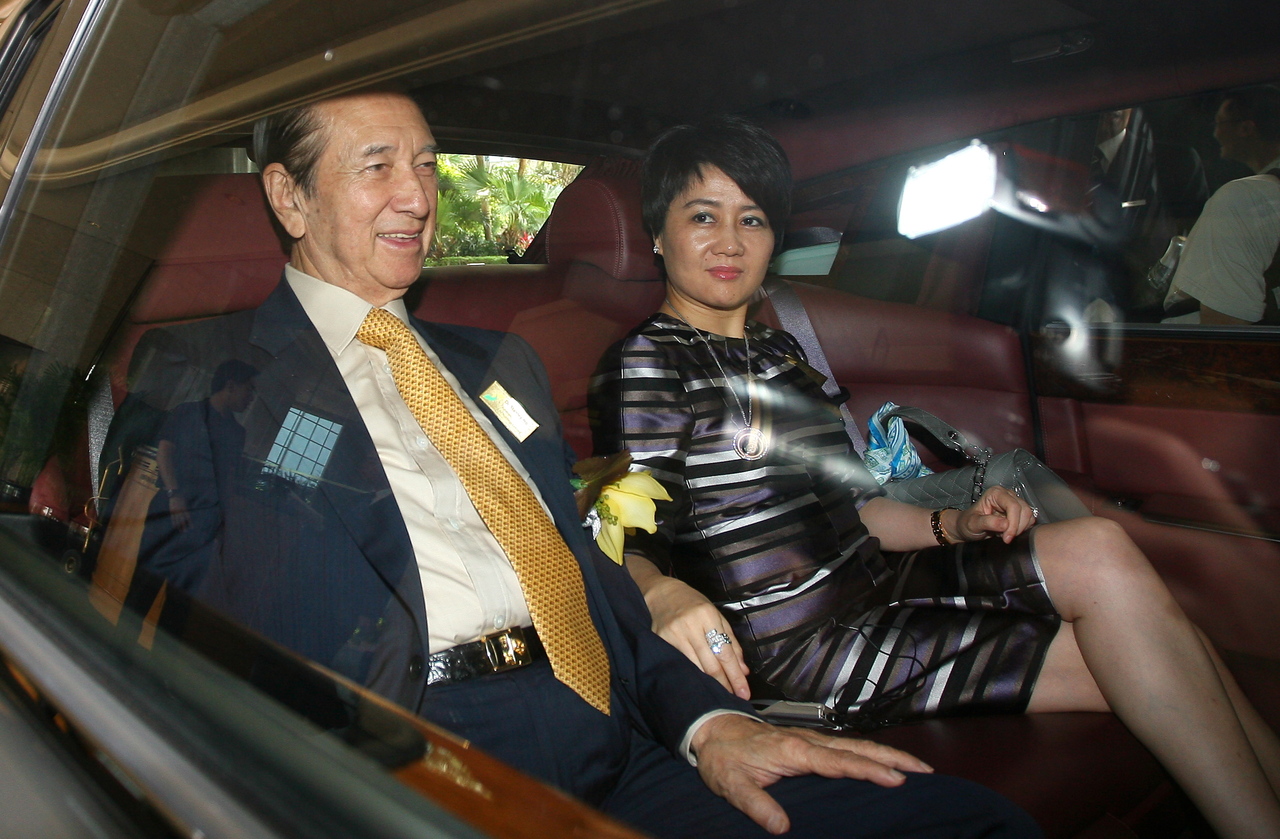
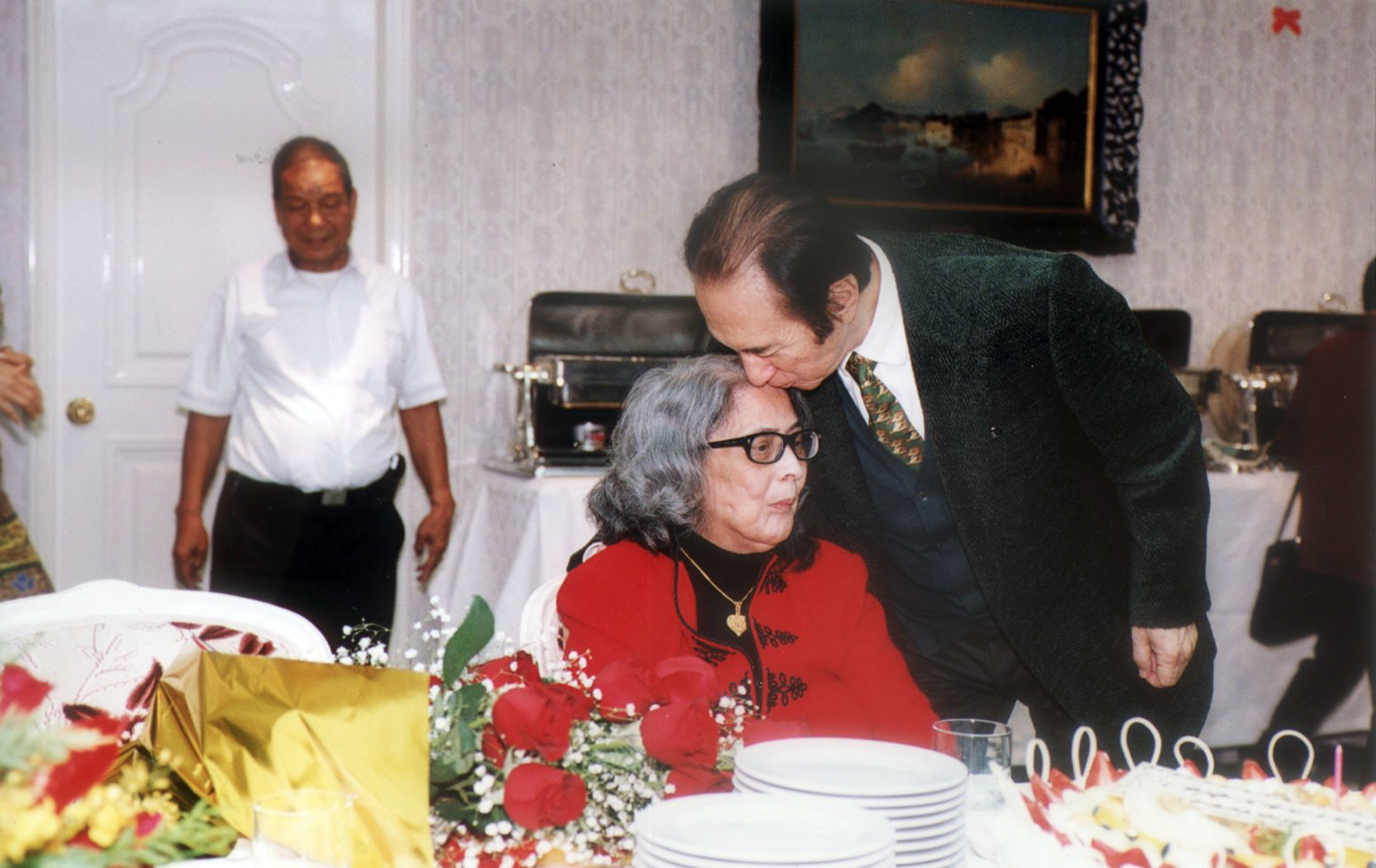
In January 2019, Pansy, his eldest daughter with his second wife, joined forces with some siblings in an alliance that holds sway over a controlling stake in SJM, giving her the upper hand over Ms Leong in the fight for the jewel in the crown of Mr Ho's US$14.9 billion(S$21 billion) empire.
Pansy, one of Hong Kong's richest people, is also executive chairman of Shun Tak Holdings, which runs most of the ferries between Hong Kong and Macau.
